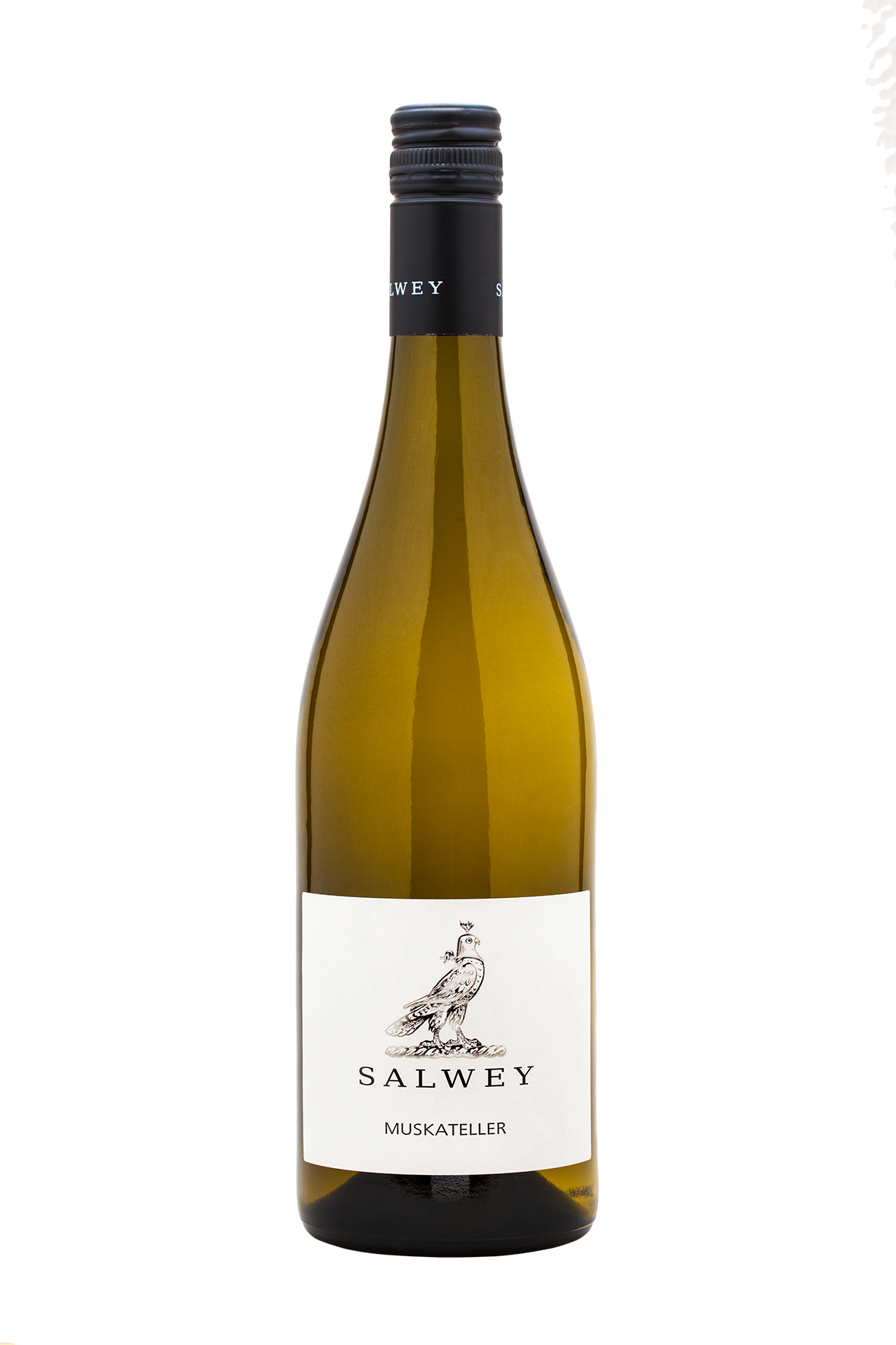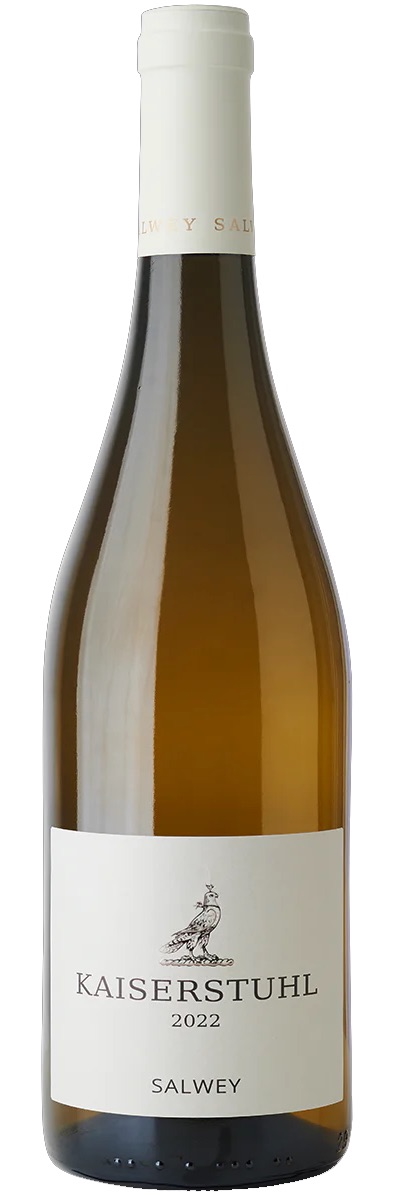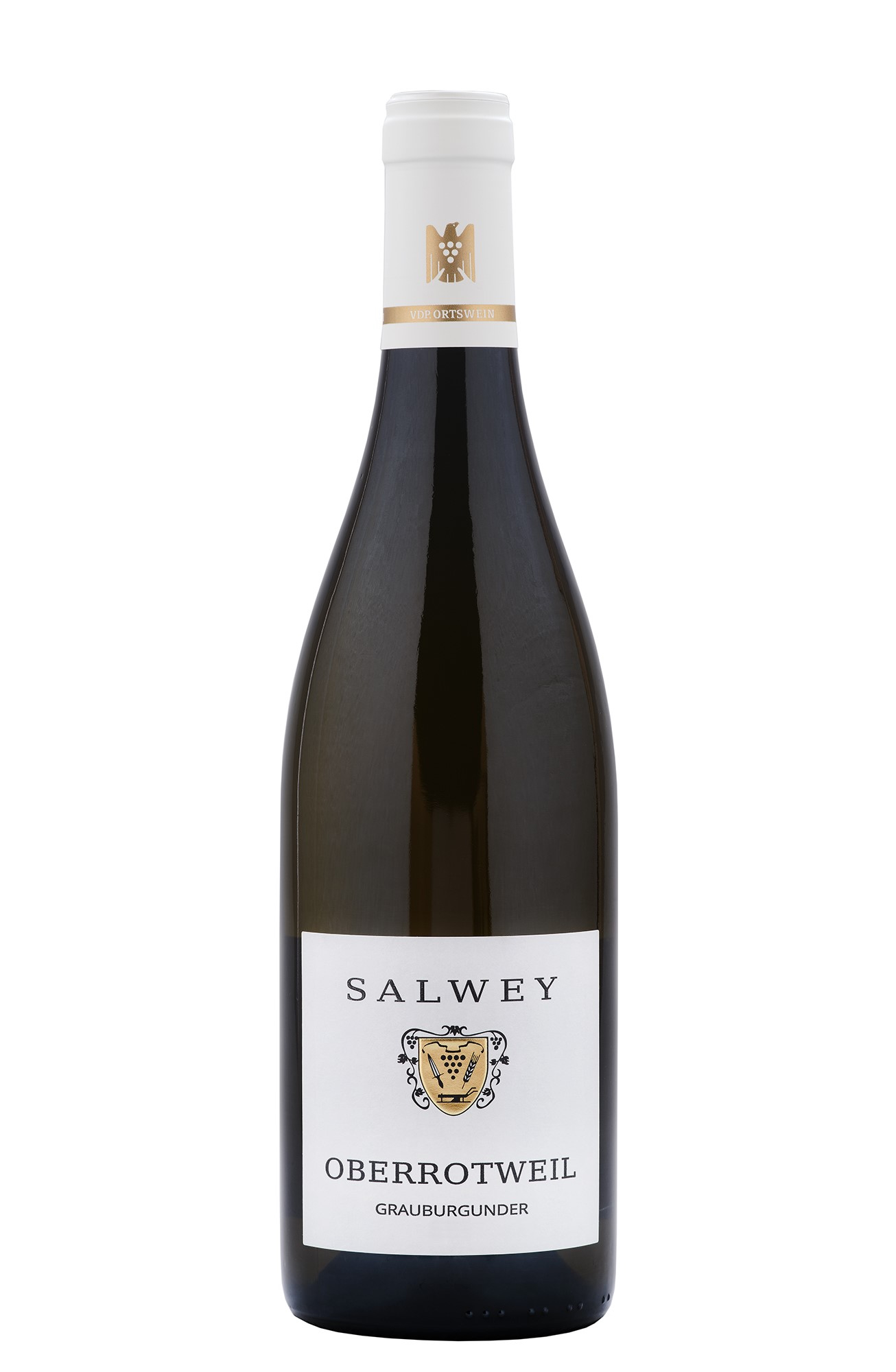VDP Weingut Konrad Salwey
Germany
Weingut Salwey in Oberrotweil, in the heart of the Kaiserstuhl region, is proud of its history as a classic family-run estate. Yet that tradition only tells part of the story. Konrad is the third generation of Salwey to run the winery, which focuses on Pinot varieties traditional to the Kaiserstuhl region. The estate is renowned for its fine vineyards, including three “Grand Cru” sites. Under the direction of Konrad’s father, Wolf Dietrich, Weingut Salwey became the first Baden member of the Verband der Deutschen Prädikatsweingüter (VDP). He groomed his son from an early age. After graduating from Geisenheim, Konrad spend several harvests working with renowned estates in Burgundy and in the neighbouring Alsace.In addition, he had the opportunity to spend his practicum with the legendary Hans-Günter Schwarz of Müller-Catoir. These experiences were the foundation of Konrad’s vision, who took over the family estate after his father’s untimely death in 2011. Under Konrad’s leadership, Weingut Salwey now only produces dry wines of the Pinot family.
Konrad is renowned for his willingness to experiment. He knows it takes daring to try new techniques, and nerve to move on if need be — all in the interest of making better wine. Wine enthusiasts are taking notice. Germany’s leading Restaurant and Wine Guide, Falstaff, elected Konrad Salwey as “Vintner of the Year” in 2017. Most recently, the respected publication Gault&Millau awarded him the fifth grape, the highest rating a winery can achieve, elevating Weingut Salwey to “World Class Winery”. Konrad’s wines can now be found in many of the leading restaurants of Germany and neighbouring countries.
The wines are strongly shaped by the loess and weathered volcanic soils of the vineyards, and are always fully fermented dry. In the cellar, nature is provided with plenty of time and space to do her work. Konrad sees their job to guide the other variables, including strict standards in the vineyards, a 100% selective hand harvest and wild yeast fermentation in large wooden barrels. The low intervention approach in the cellar also means that the wines are neither fined nor filtered.
All in keeping to the motto: As little as possible, as much as needed.







